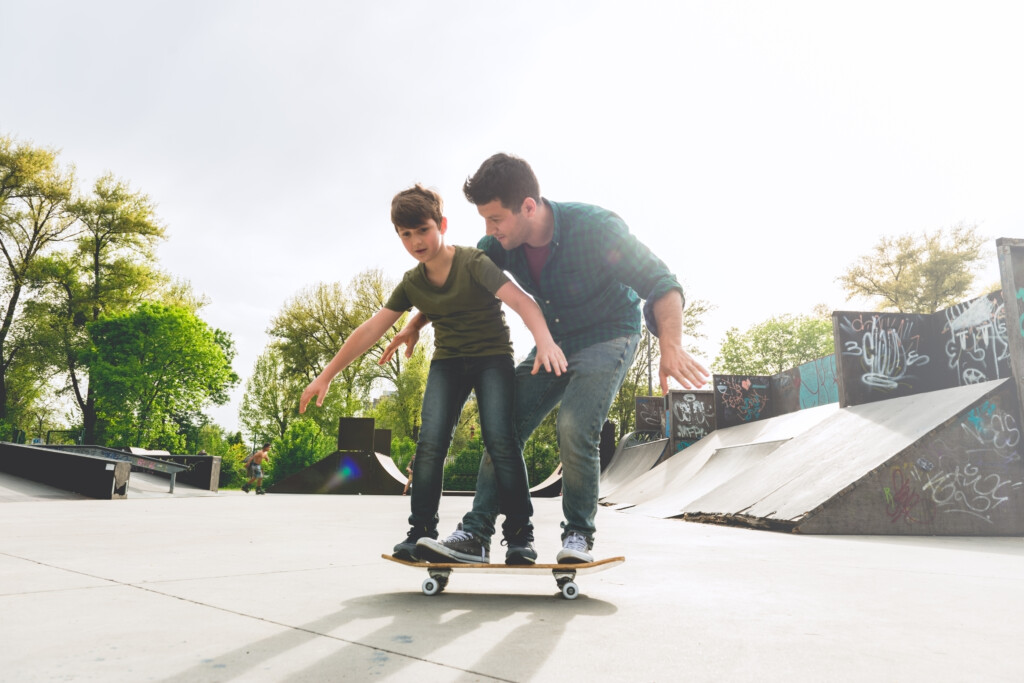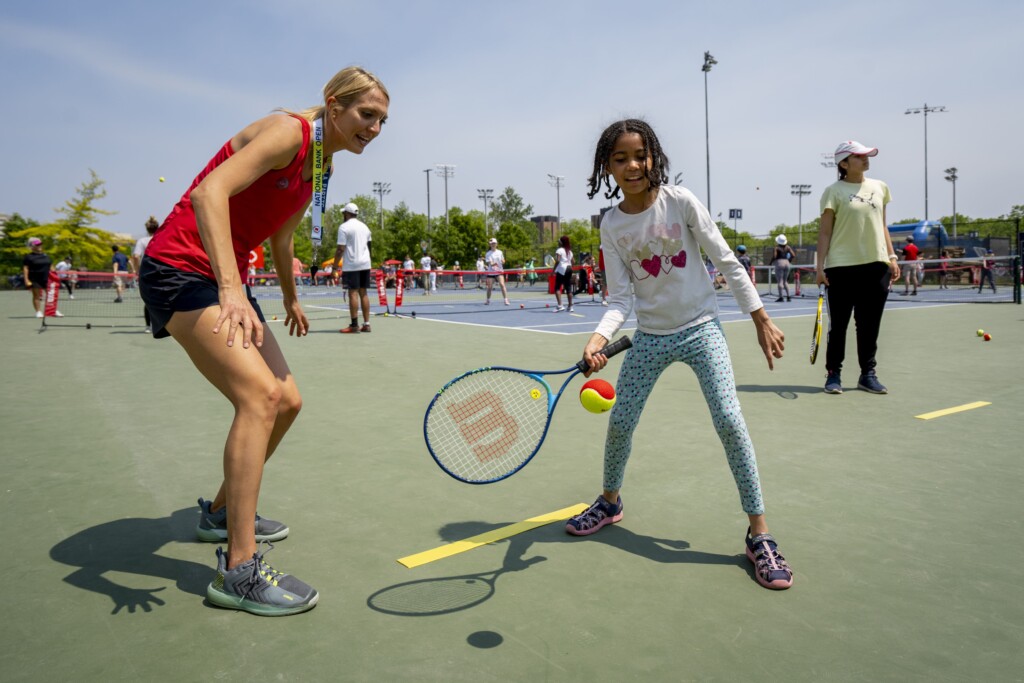Optimizing gender-specific performance
Optimizing performance in soccer requires collaboration among coaches, physicians, nutritionists, and exercise physiologists to provide tailored recommendations. A recent study offers valuable insights into essential factors, including hydration status and training load structure, crucial for optimizing body composition and health.
Shifting the narrative: Empowering parents and fostering understanding of their roles in the youth sport system

Parents as promoters of positive youth sport experiences One of the key social agents within the youth sport environment is the parent. They are commonly called upon to facilitate critical components of youth sport participation, such as providing material (registration and travel fees, equipment purchases, volunteerism) and emotional support like encouragement and feedback for athletes…
Minor soccer referees in Quebec to wear body cameras to prevent abuse
To combat escalating abuse from parents and coaches, a minor soccer association plans to equip referees with body cameras aiming to protect young referees and deter aggressive behaviour. In Ontario, a pilot project with referee-worn cameras has shown promise, acting as a visual deterrent against abuse and providing referees with a tool to record incidents.
Reducing Waste in Sport
As we learn more about the environment and look for ways to keep the Earth clean, we look to reduce the waste that we create. No matter who you are in the sport sector, whether it be an athlete, parent, coach, or administrator, changes can be made to reduce environmental footprint. This blog provides information…
Re-imagining sport through the power of strategic partnerships

Tennis is more than a sport; it’s a gateway to empowerment and inclusivity. Its appeal lies in the rhythm of the game, the strategy, and the ability to bond communities through a shared passion. However, accessing tennis hasn’t always been equitable. And yet, Tennis Canada is changing that narrative through a pioneering partnership with Big…
Recommendations and resources for disability sport event managers
There are many things that need to be considered when planning a sport event. The Canadian Disability Participation Project has created a module called Training and Managing Disability Sport Event Volunteers: Recommendations and Resources to help any sporting body or sport event manager in training and managing a volunteer workforce. It includes 12 best practice…
Women in sport
In trying to strive to create more inclusive spaces for everyone, one piece that is still missing is equality in sport media representation. With over 90 percent of Canadian sports media coverage being focused on men’s sport the Government of Canada has committed to reaching gender equity in sport. This SIRC article has a collection…
What is eSport?
With the rise of technology, video games have become an incredibly common past-time for many people all around the world. As technology advances, the lines between what is considered ‘real’ or ‘virtual’ can begin to blur. One example of this is whether or not video games, at a high-level, can be considered sport. This article…
Using AI to aid Sport Organizations
In recent years, artificial intelligence (AI) tools have become increasingly popular and common. AI can be beneficial in improving work efficiency and reducing workload of staff. This SIRC blog outlines 3 different AI tools and how they can be used in order to aid sport organizations communications efforts.
The intersectional cost of youth sport participation
The increasing cost of youth sport participation has long been a concern for parents and policymakers alike. How issues of affordability show up varies depending upon intersectional realities of income, geography, ability, accessibility of appropriate spaces and more. This blog draws on recent insights from the Change the Game open data portal. We reflect on…